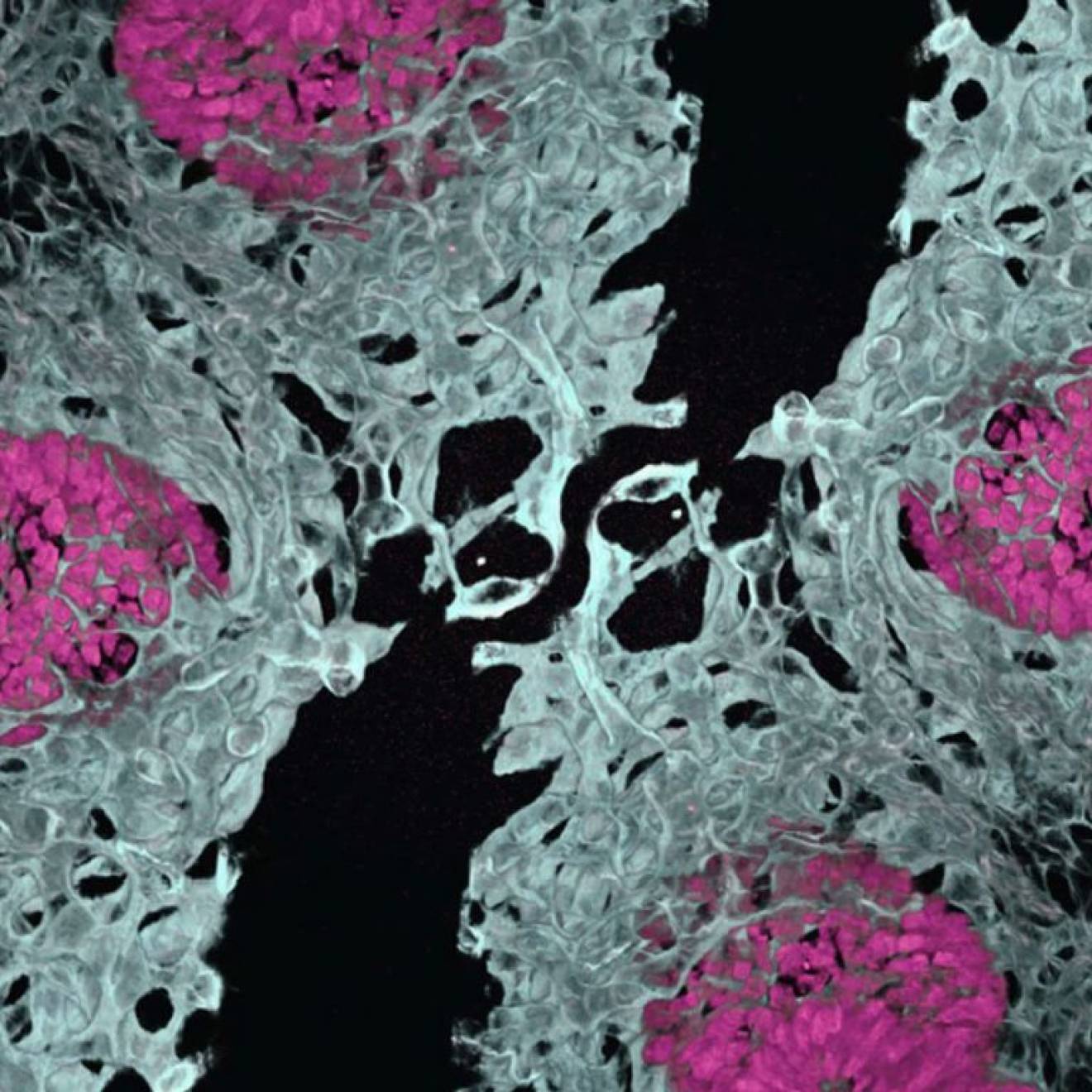Scott Maier, UC San Francisco

In a study of Texas counties either permitting or prohibiting the sale of alcohol, researchers at UC San Francisco have found residents of permitting counties had fewer heart attacks, but increased atrial fibrillation (AF).
The study appeared online June 14 and is in the June 18, 2016, issue of The British Medical Journal.
“In the absence of a randomized trial, we believe our study provides particularly robust findings regarding the cardiac effects of alcohol,” said senior author Gregory Marcus, M.D., MAS, a UCSF Health cardiologist and director of clinical research in the UCSF Division of Cardiology. “We are most convinced by the observations made before and after changes in alcohol sales laws within the same counties, providing what we believe to be very compelling evidence that alcohol has an important causal relationship with atrial fibrillation.”
Alcohol is the most widely consumed U.S. drug, and its use may have important effects on the heart, such as increasing AF risk. However, while many studies have been done on alcohol’s effects on cardiovascular disease, they generally have relied on self-reported consumption and yielded conflicting results.
Alcohol also may decrease the risk of heart attacks.
Wet vs. dry Texas counties
To better understand the relationship between alcohol consumption and heart disease, Marcus and his colleagues performed an analysis of 1,106,968 hospitalizations recorded between 2005-2010 among Texas residents age 21 or older, using the Texas Inpatient Research Data File from the Texas Department of State Health Services.
At the end of Prohibition, many states enacted laws permitting counties and local municipalities to restrict alcohol sales. This included Texas, where local alcohol laws remain unrestricted (“wet”), partially restricted or completely prohibited (“dry”), depending on the county. Within this study, differences in the county-level alcohol sales laws were utilized, with some counties moving from “dry” to “wet” during the five-year period.
The main cardiovascular outcomes reviewed were AF, heart attack and congestive heart failure (CHF). A heart attack occurs when blood flow to the heart is blocked long enough that part of the muscle is damaged or dies. CHF occurs when the heart does not pump enough blood to meet the body’s demands, resulting in reduced blood flow.
In atrial fibrillation, electrical impulses in the upper chambers of the heart are chaotic, and the atrial walls quiver, rather than contracting normally in moving blood to the lower chambers. As a result, blood clots may form. One in four adults over age 40 is at risk for AF, with a projection of nearly 6 million people in the nation having the condition by 2050.
Among the hospitalized individuals, wet county residents had a greater prevalence and incidence of alcohol abuse and alcoholic liver disease. Wet county residents also exhibited a greater prevalence and incidence of AF, but a lower prevalence and incidence of heart attacks and CHF.
Further, the conversions of counties from dry to wet during the study period resulted in statistically significant higher rates of alcohol abuse, alcoholic liver disease, AF and CHF, but no detectable difference in heart attacks.
“We believe these validation analyses provide strong evidence that alcohol-sales laws have important effects on actual alcohol consumption,” said lead author Jonathan Dukes, M.D., cardiology clinical fellow.
Based on these study findings, the researchers said that restriction of alcohol sales can result in changes in the rates of certain health care diagnoses.
“Given evidence that alcohol likely has both beneficial effects, such as on heart attacks and perhaps heart failure, and negative effects, such as atrial fibrillation, future research will be critical to identify the types of individuals more or less likely to benefit or suffer as a result of alcohol consumption,” Marcus said.
Other UCSF contributors to The BMJ study were Thomas Dewland, M.D., Oregon Health and Science University assistant professor and former UCSF resident and cardiology electrophysiology fellow; Eric Vittinghoff, Ph.D., MPH, professor of epidemiology and biostatistics; Jeffrey Olgin, M.D., professor of medicine and chief of cardiology; Mark Pletcher, M.D., MPH, associate professor of epidemiology and biostatistics and medicine; Judith Hahn, Ph.D., associate professor of medicine; and Rachel Gladstone, cardiology research assistant.
Funding was provided by the National Institute on Alcohol Abuse and Alcoholism of the National Institutes of Health (R01AA022222).

